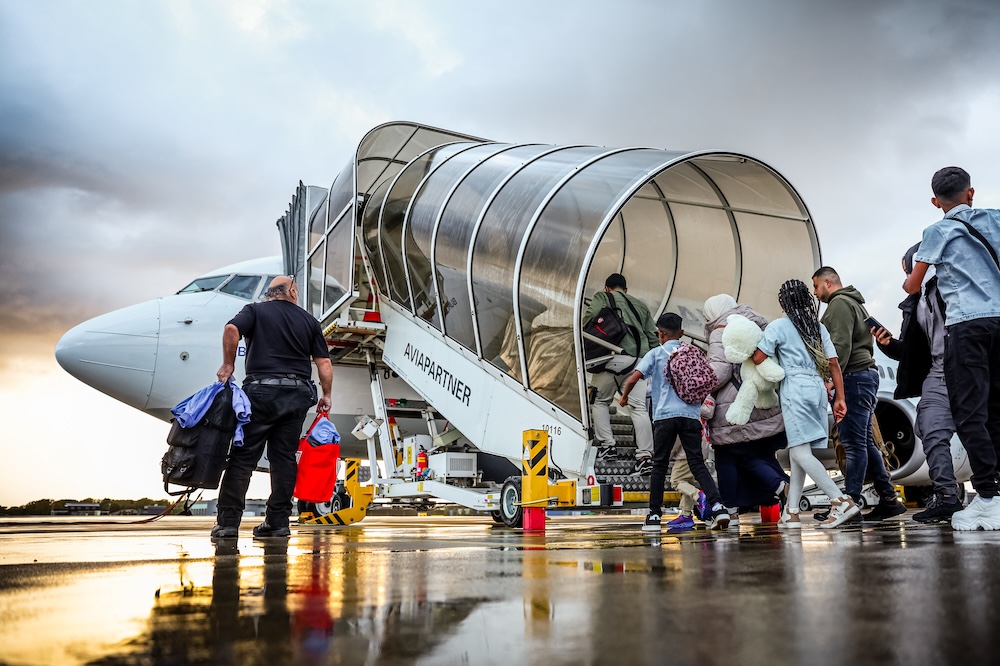Dutch government holds first official talks in Syria since 2009

Junior minister for foreign trade Aukje de Vries has met members of Syria’s transitional government in Damascus on Tuesday to discuss the possible return of Syrian refugees from the Netherlands.
It was the first official Dutch government visit to Syria in 16 years.
De Vries told broadcaster NOS that the Syrian authorities “consider it important that people come back to help rebuild the country”. Many schools, hospitals and roads remain in ruins after years of conflict, and the Netherlands continues to provide humanitarian aid and funding for mine clearance.
In Damascus, De Vries met social affairs and labour minister Hind Aboud Kabawat, the only woman in president Al-Sharaa’s government. Kabawat, a Christian and former opponent of Assad, said Syria “needs all its refugees back, but it must be their own decision”.
The Dutch cabinet wants to encourage more voluntary returns and immigration minister David van Weel told parliament on Tuesday that the government has increased reintegration support to €5,000 per adult and €2,500 per child. The government also covers the cost of the flights.
Around 800 Syrians have returned voluntarily so far this year. In September, the Netherlands organised its first charter flight to Syria, with adults receiving €2,800 and children €1,650 in support.
The Dutch government also hopes to reach agreements on the forced return of Syrians who no longer have the right to stay, starting with people convicted of criminal offences and persistent trouble makers, Van Weel said.
Kabawat told NOS that Syria is not ready for compulsory returns. “I cannot ask people to come back while cities are still in ruins and we have no jobs or schools,” she said. Forced returns, she warned, “would cause a crisis in the country”.
She added that Syria sees the Netherlands as a model for upholding international and humanitarian law. “Refugees from the Netherlands will bring valuable knowledge and education,” she said. “Syria needs them, but it must be their own decision.”
The Netherlands has had no embassy in Damascus since 2012, which will complicate any plans for deportations.
Case by case
Since June, asylum applications from Syrians have been assessed on a case-by-case basis. Van Weel said at the time Syria is now classified as experiencing the lowest level of “indiscriminate violence”, meaning general insecurity is no longer sufficient grounds for granting asylum.
However, members of vulnerable groups, including LGBT+ people, may still qualify if they can demonstrate individual risk factors, he said.
Syrians no longer account for the largest group of refugees coming to the Netherlands as has been the case since 2016, national statistics agency CBS said in July.
But Syrians did account for two-thirds of the family members applying to join close relatives already in the Netherlands, the CBS figures show.
Thank you for donating to DutchNews.nl.
We could not provide the Dutch News service, and keep it free of charge, without the generous support of our readers. Your donations allow us to report on issues you tell us matter, and provide you with a summary of the most important Dutch news each day.
Make a donation